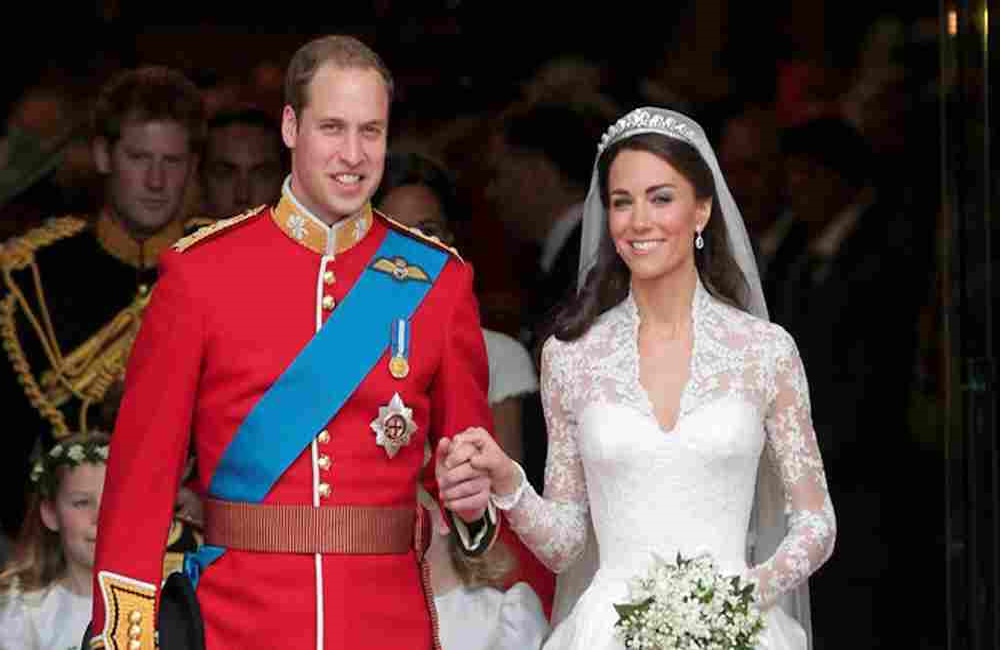Marriage in Christianity is deeply rooted in principles of monogamy, lifelong commitment, and mutual respect. These teachings reflect the sanctity of the marital bond and the equitable treatment of both partners, emphasizing that neither husband nor wife has unilateral control over their own body but rather shares this aspect of their life with their spouse.
Monogamy as the Ideal
Christian teachings uphold monogamy as the ideal structure for marriage. This concept is affirmed in the words of Jesus, who refers to the Genesis account of creation in Matthew 19:4-6: “Have you not read that He who made them at the beginning made them male and female, and said, ‘For this reason a man shall leave his father and mother and be joined to his wife, and the two shall become one flesh’? So then, they are no longer two but one flesh. Therefore what God has joined together, let not man separate.” This passage emphasizes the Christian vision of marriage as a sacred and exclusive union between one man and one woman.
The Sanctity of Marriage and No Divorce
The permanence of marriage is a central tenet in Christian doctrine. Jesus’ teachings on divorce highlight the commitment expected within marriage. In Matthew 19:8, He states, “Moses, because of the hardness of your hearts, permitted you to divorce your wives, but from the beginning it was not so.” This underscores the Christian ideal of marriage as a lifelong commitment, with divorce seen as contrary to God’s original plan for marriage.
Paul further reinforces this view in 1 Corinthians 7:10-11: “To the married I give this command (not I, but the Lord): A wife must not separate from her husband. But if she does, she must remain unmarried or be reconciled to her husband. And a husband must not divorce his wife.” This passage highlights the serious nature of the marital bond and the call for reconciliation and perseverance in the relationship.
Respect for Women
Respect and love for women are crucial aspects of Christian marriage. The New Testament outlines how husbands and wives should treat each other with mutual respect and love. Ephesians 5:25-28 instructs husbands to love their wives as Christ loved the church: “Husbands, love your wives, just as Christ loved the church and gave Himself up for her.” This sacrificial love sets a high standard for how husbands are to treat their wives.
Ephesians 5:33 complements this by emphasizing mutual respect: “However, let each one of you love his wife as himself, and let the wife see that she respects her husband.” This reflects the balanced approach in Christian teachings where both partners are called to honor and care for each other.
Mutual Ownership of the Body
Christian teachings also address the mutual nature of physical intimacy within marriage. According to 1 Corinthians 7:3-4, neither partner has unilateral control over their own body. The Apostle Paul writes, “The husband should fulfill his marital duty to his wife, and likewise the wife to her husband. The wife does not have authority over her own body, but yields it to her husband. In the same way, the husband does not have authority over his own body, but yields it to his wife.” This mutual submission emphasizes that in marriage, both partners share authority and responsibility over their physical selves, highlighting the deep level of commitment and respect required in the marital relationship.
Marriage in the Quran
Unlike Christianity, where marriage is deeply rooted in moral and spiritual law as a divine commandment, Islam approaches marriage from a distinctly different perspective. In Christianity, marriage is viewed as a sacred covenant established by God, characterized by a lifelong commitment and profound spiritual significance. In contrast, Islamic marriage is more focused on fulfilling practical needs such as companionship and physical intimacy, rather than embodying a divine or spiritual mandate.
In Islam, marriage is primarily seen as a social contract designed to meet emotional and physical needs rather than a sacred, unbreakable bond. The Quran provides guidelines that regulate the treatment of spouses and ensure fairness, but it does not frame marriage as an eternal, divine commitment. For example, Quranic verses emphasize the importance of equitable treatment and respect within the marriage but do not prescribe marriage as a lifelong, spiritual union. The Quran also permits polygamy, allowing a man to have up to four wives, which reflects a pragmatic approach to marital relationships rather than a purely spiritual or moral one.
Moreover, the concept of divorce in Islam is approached with a focus on legal and practical aspects, with specific rules to ensure fair treatment of both parties. The principle of “not taking back the gift” underscores the importance of handling divorce with respect and fairness. These regulations are primarily concerned with social and legal order rather than spiritual consequences.
Conclusion: Christianity – sacred covenant; Islam – a practical arrangement
In summary, the difference between Christian and Islamic views on marriage is significant. While Christianity regards marriage as a sacred, divine covenant with lifelong commitment and spiritual depth, Islam views it as a practical arrangement designed to address companionship and physical needs, with external regulations and guidelines rather than spiritual imperatives.
Christian teachings on marriage emphasize monogamy, lifelong commitment, and mutual respect. These principles are grounded in the teachings of Jesus and the apostles and reflect a commitment to fostering loving, respectful, and equitable relationships within marriage. The notion that neither husband nor wife has unilateral control over their own body but rather shares this aspect with their spouse underscores the profound level of mutual respect and commitment expected in Christian marriage.
